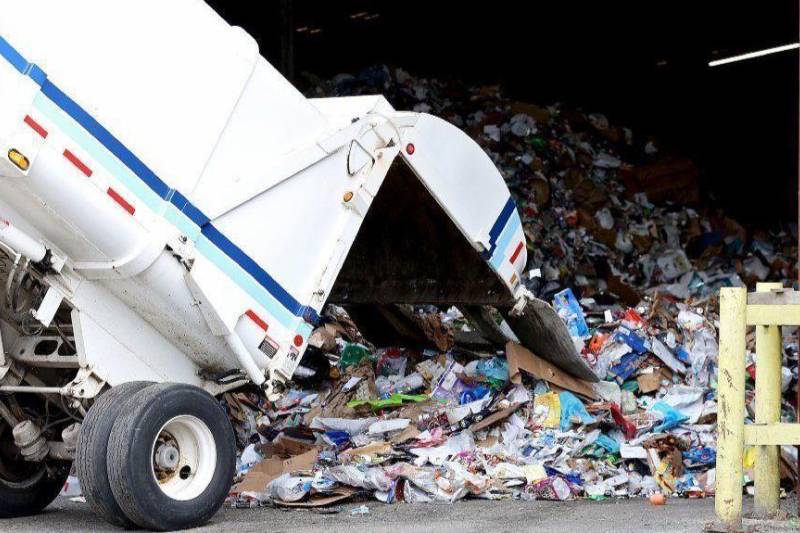Solid waste management and disposal of Aircraft at Katunayake International Air port is now being handled in a shocking manner following the handing over the task to several private companies, informed sources disclosed.
Airport & Aviation Services (Sri Lanka) Ltd handled the air craft waste management for period of over 15 years sending the stocks of garbage to Nai kanda furnace to burn it.
This practice has been halted three years ago and several businessmen selected through tender procedure have now been allowed to sort out waste disposed by aircraft arriving at the airport for recycling purposes.
The remaining stock of waste is being sent to Nai kanda furnace to destroy it by burning and this has become a severe environmental pollution issue due to improper management of solid waste disposal.
Airport & Aviation Services (Sri Lanka) Ltd is selling the garbage to businessmen without considering the environmental pollution issues, several leading environmentalists complained.
Solid waste management and disposal is one of the most significant issues in the environmental management of the airline industry.
A waste composition analysis was conducted by a group of experts for in-flight service waste, and potential waste minimisation measures were evaluated.
The total in-flight waste was estimated to be up to 500 kg per flight, including food waste, and galley and cabin waste.
The waste composition analysis showed that paper (mainly newspaper, meal menu cards, etc.) was the largest component, ranging from 32 to 71 percent by weight of the total galley and cabin waste.
Another major component was plastic items. Transparent polystyrene drinking cups and food covers accounted for up to 13% of the total weight.
Aluminium cans accounted for up to 4% of the total waste. These recyclable materials can be sorted on board to facilitate the waste reduction and recycling programme.
The proposed on board sorting and collection programmes can achieve a recycling rate of as much as 45–58% of the total galley and cabin waste from in-flight services, the waste composition analysis revealed.
(LI)

